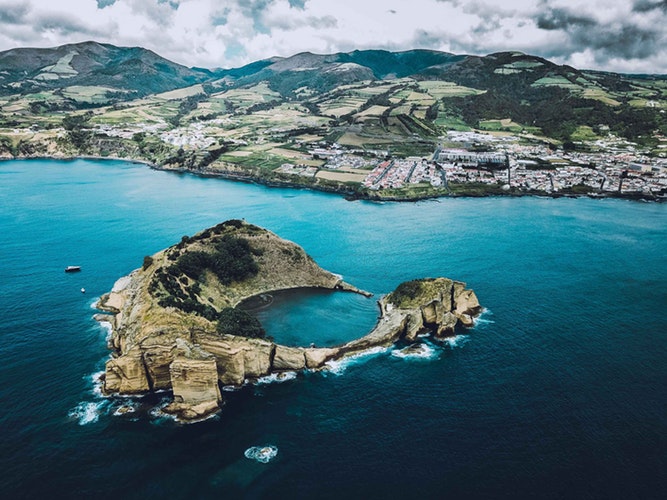The outbreak of a global pandemic has put a dampener on everyone’s plans for a summer holiday. And while the world gradually emerges from the other side of the crisis, it’s likely that certain sorts of travel will become feasible before others. Domestic trips, for example, will certainly be on the cards before we can even consider booking foreign holidays.
Now, in other words, is an excellent time to plan ahead to a future where we’ll be able to freely travel. If you’ve been contemplating a trip to Portugal, then you might want to readjust your plans in favour of those low-traffic tourist sports, while shunning crowded epicentres like Lisbon and the Algarve.
What is Portugal Doing?
The Foreign Office have recently updated their travel advice to reflect the changing conditions in Portugal. The country has experienced almost 30,000 recorded cases, of which just over a thousand have died. That tally is now growing by just a dozen or so per day, down from a peak in April, where more than 1,500 new cases were reported on April 10th.
On the 30th April, the Portuguese government announced details of a three-tier de-escalation plan lasting six weeks from the 4th of May. As is the case elsewhere, the authorities will look to relax the rules only when the evidence on the ground dictates that it’s safe to do so.
Beaches in the country are set to be reopened fully on the 6th of June, but there will still be restrictions in place to control the capacity, and to minimise contact.
Where Can I go in Portugal?
Among the measures taken by the Portuguese authorities include a ‘clean and safe’ stamp, which helps tourists to identify which activities are safe and clean. The Portuguese economy is heavily dependent on tourists from elsewhere in Europe visiting for their summer holidays, and thus its image as a safe destination is paramount. More than 23 million visitors came to the country in 2017, a figure which is sure to slump dramatically for 2020. Many of these are concentrated in the major cities, which, being crowded, will naturally be the trickiest to visit while maintaining social distance.
More remote areas, like Madeira and the Azores, pose less of a challenge, and are thus more attractive destinations for the initial easing phase of the country’s return to full operation. Packing plenty of sea and sunshine, being situated right in the middle of the Atlantic, both destinations offer a great combination of off-the-beaten-track culture, and natural beauty in the form of whale-watching boat trips and cable-car-driven sightseeing. A reputable tour company will provide you with the guidance you need to take in everything the country has to offer.

Leave a Reply